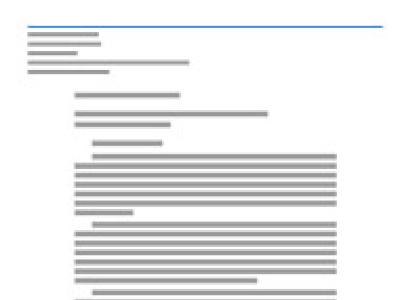
In PNG, individual, socio-cultural, and institutional factors continue to hinder women’s political participation and their representation in legislative bodies. Cultural and institutional barriers reinforce each other and impact the extent to which women compete and are successful in the political arena. In the 2022 National General Elections, an uneven playing field—especially when it comes to campaign finance and election security—the traditional patriarchal gender stereotypes converged to prevent women from fulfilling their political rights in the democratic process. For women’s meaningful political participation to increase, we must work at three levels—individual, socio-cultural, and institutional.
The remarkable achievement of two women—Hon. Kessy Sawang and Hon. Rufina Peter—being elected to the PNG National Parliament after an all-male term (2017 - 2022) demonstrates that despite tremendous barriers, there are some openings in the political environment that can be leveraged to consolidate women’s representation in the country’s political institutions. While around 100 election petitions are still waiting to be resolved in court and a few electorates are yet to see their representatives confirmed as members of parliament, the momentum for reflection is building. Candidates, election observers, and other stakeholders are echoing each other’s calls for a thorough review of the 2022 PNG National General Election and propose swift and comprehensive reforms ahead of the country's next Local-Level Government (LGG) election slated for 2024 and national election scheduled to take place in 2027.
In an effort to add to the evidence base of a comprehensive review, and build a nuanced understanding of the success and shortcomings of the 2022 election, 17 women candidates and 15 gender inclusion advocates convened in Port Moresby, on November 3 and 4, to generously share their experiences, insights, and recommendations. The event built on the conclusions of a trauma-informed workshop for women candidates, conducted earlier this year, which aimed to strengthen the resilience of women in politics and elections against gendered violence. The project, funded by the United States Agency for International Development (USAID), was implemented with technical assistance from the National Democratic Institute (NDI). This paper is the culmination of this effort. These first-hand insights on barriers in the way of women’s participation and strategies to overcome them will be shared with prospective candidates in the local and national elections. Furthermore, this paper formulates actionable recommendations to key election stakeholders.





